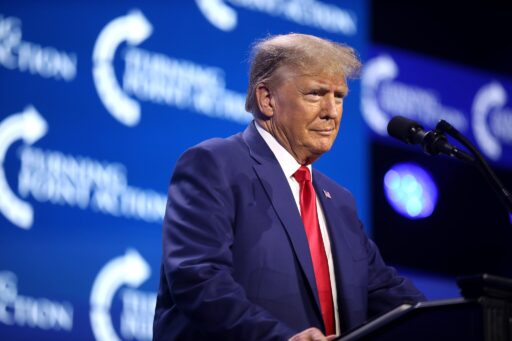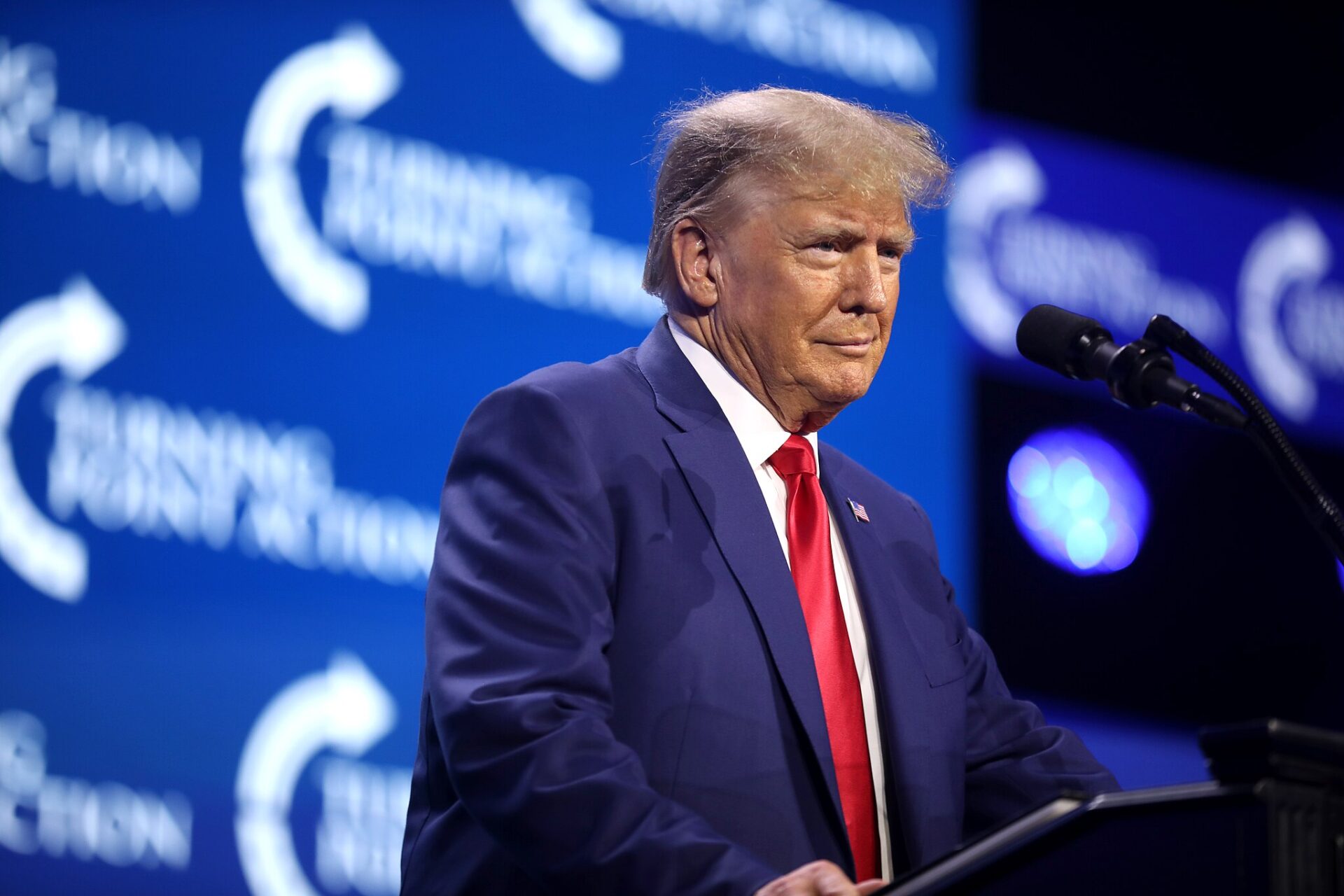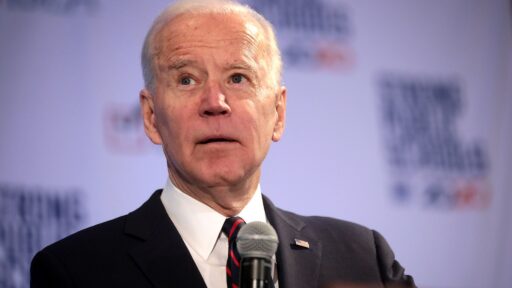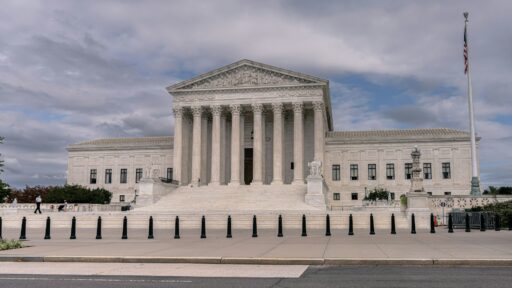It’s very likely that the judge hated making this decision.
Judge Juan Merchan has recently made a significant adjustment to the gag order previously imposed on former President Donald Trump, a decision that follows the conclusion of his trial where he was convicted on multiple charges. This legal development has been a focal point of contention for Trump and his legal team since the trial’s outset, intensifying after the jury’s guilty verdict last month. The former president’s advocates argued vehemently for the gag order’s removal before the upcoming June 27 presidential debate, asserting its infringement on his rights.
Initially intended to safeguard the trial’s integrity, Merchan’s gag order restricted Trump from publicly discussing witnesses, jurors, or specific legal personnel involved in the case, with exceptions for Manhattan District Attorney Alvin Bragg. However, in a recent ruling reviewed by media outlets, Merchan has opted to partially lift this order now that the trial phase has concluded. This adjustment permits Trump to address issues related to protected witnesses and jurors but maintains restrictions on commentary regarding individual prosecutors, court staff, and their families until his sentencing on July 11.
Merchan’s decision arrives subsequent to the New York Court of Appeals rejecting Trump’s earlier appeal to lift the gag order, emphasizing the absence of substantial constitutional concerns directly linked to the case. This legal saga unfolds against the backdrop of Trump’s conviction on 34 counts of falsifying business records, stemming from charges initiated by District Attorney Bragg.
Throughout this process, Trump and his defense team have consistently argued against the gag order, contending that it violates both his First Amendment rights and those of his supporters. Steven Cheung, a spokesperson for Trump’s campaign, criticized Merchan’s recent ruling as an infringement on Trump’s ability to freely express himself, particularly during the crucial upcoming presidential debate. Cheung’s statement underscored Trump’s plans to challenge the decision as unconstitutional.
Looking ahead, Trump’s sentencing scheduled just days before the Republican National Convention in Milwaukee holds significant implications, as he is expected to be formally nominated as the Republican presidential candidate for the 2024 election. The evolving legal and political dynamics surrounding Trump’s case continue to draw national attention and raise fundamental questions about the intersection of judicial authority and freedom of speech in high-profile legal proceedings.






